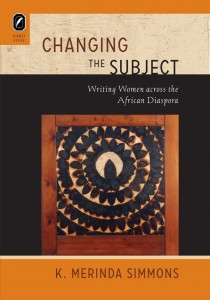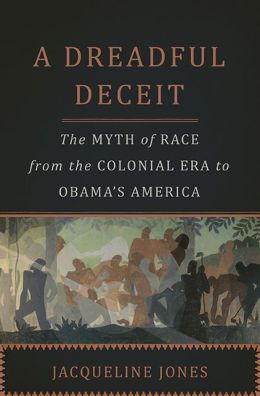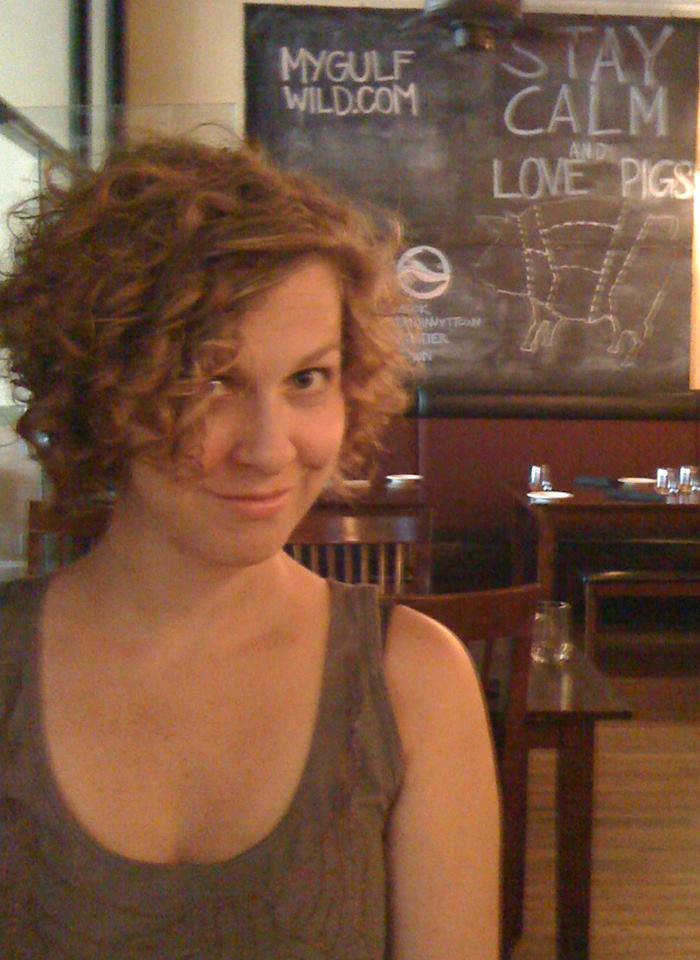“New Books on the Edge” is an ongoing blog series, which engages forthcoming manuscripts by Edge collective members.
Changing the Subject: Writing Women Across the African Diaspora
From diaspora to class, gender, subjectivity, migration, labor and much more – take us behind the scenes of Changing the Subject — how it came to be, what sorts of questions are raised in this project, and what data is being engaged?
My disciplinary training is in literary theory, and I have long been puzzled by a tendencyI see working in that domain of scholarship. Namely, while so much of the field has been influenced by what many—myself included—see as important poststructuralist intellectual moves, I nonetheless keep coming across analyses by prominent scholars that focus on “authenticity” in one manner or other. This seems an especially noticeable phenomenon within scholarship on texts deemed marginalized—and, as my data set when I began the work that would ultimately become this book was comprised of narratives by women of various African diasporas, I decided to delve into how and why the emphasis on something called authenticity appears in the criticism surrounding these texts. Continue reading ““New Books on the Edge” with K. Merinda Simmons”


 I caught an interview on the radio this morning with
I caught an interview on the radio this morning with  Q: Tell us a little bit about your doctoral studies, since they were not carried out in the academic study of religion, yet that’s the field in which you now work as a professor. How was your training in the Department of English relevant to the work you now do and the classes you now teach?
Q: Tell us a little bit about your doctoral studies, since they were not carried out in the academic study of religion, yet that’s the field in which you now work as a professor. How was your training in the Department of English relevant to the work you now do and the classes you now teach?